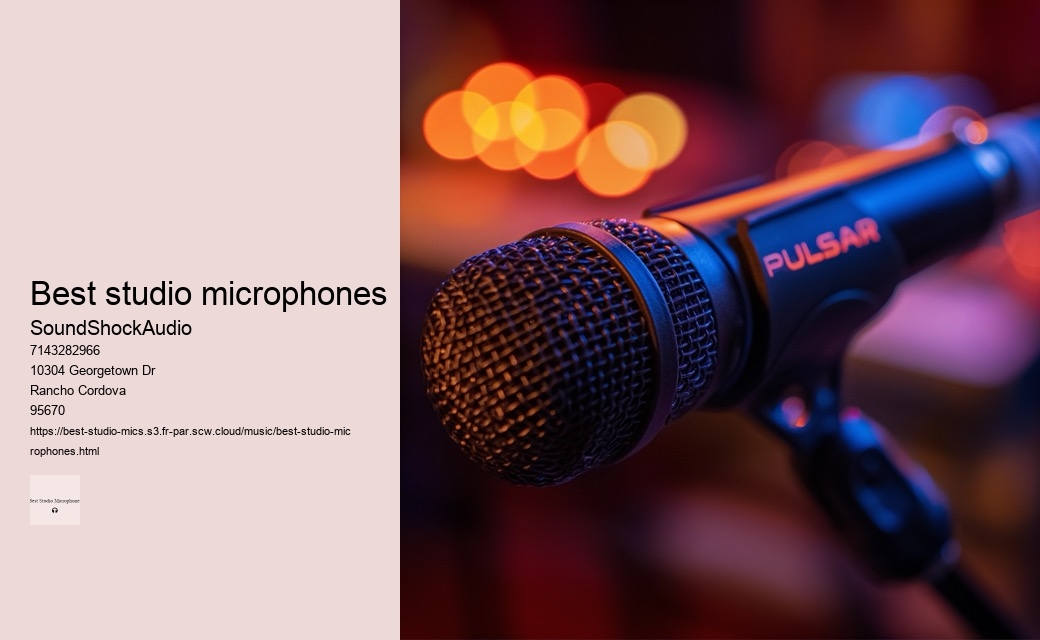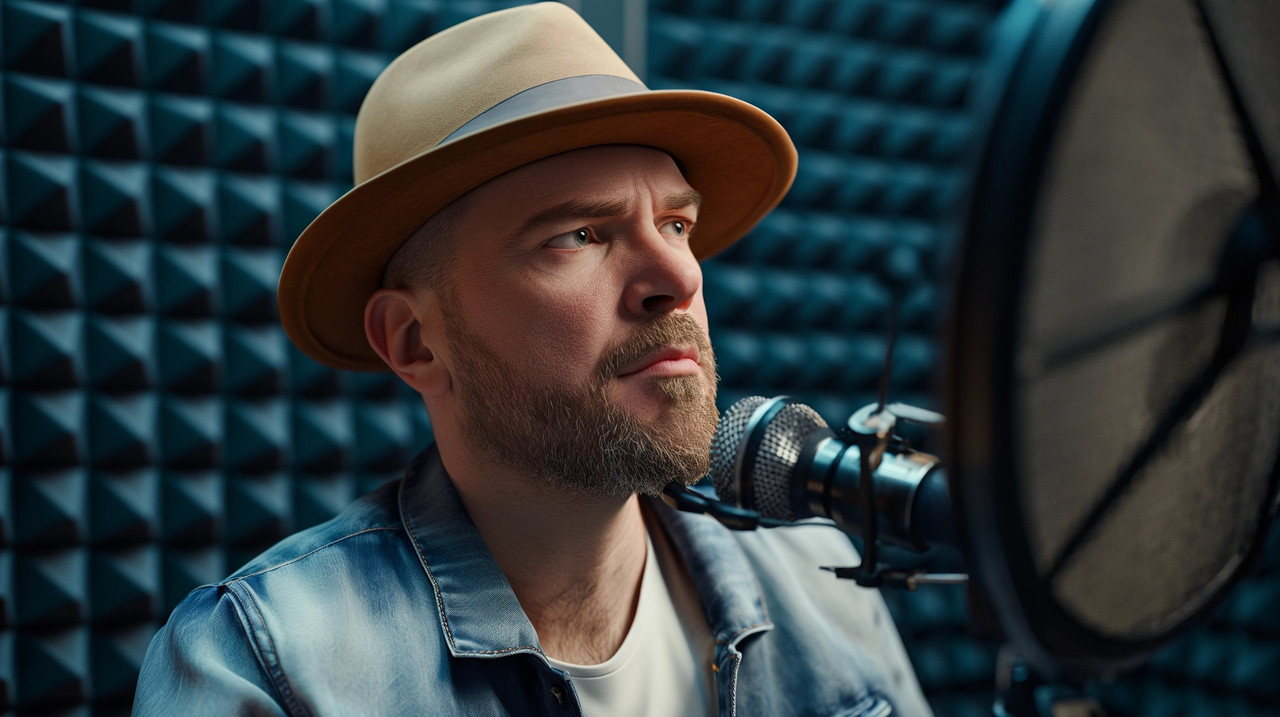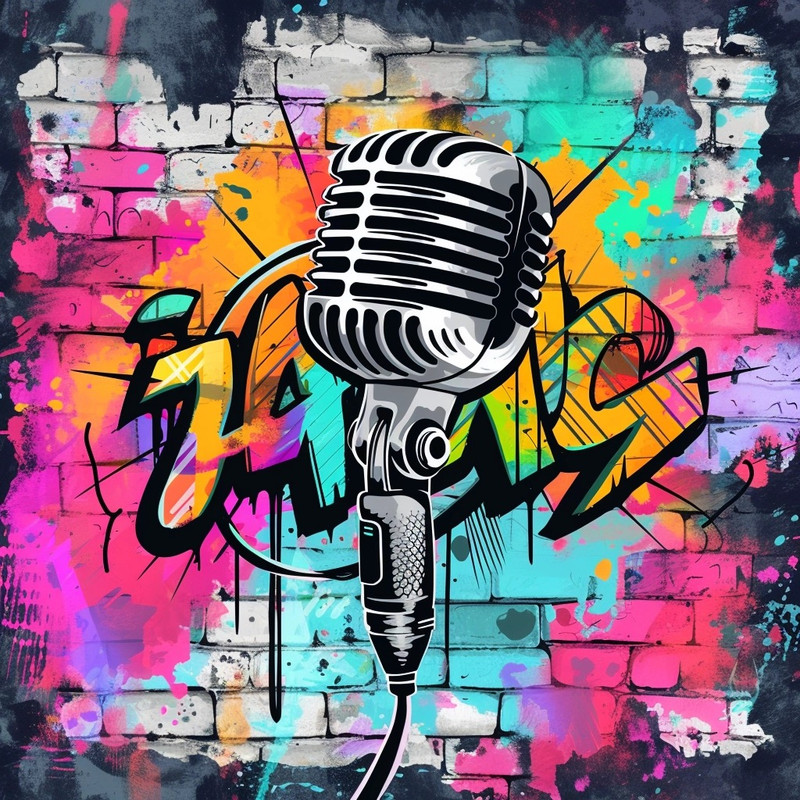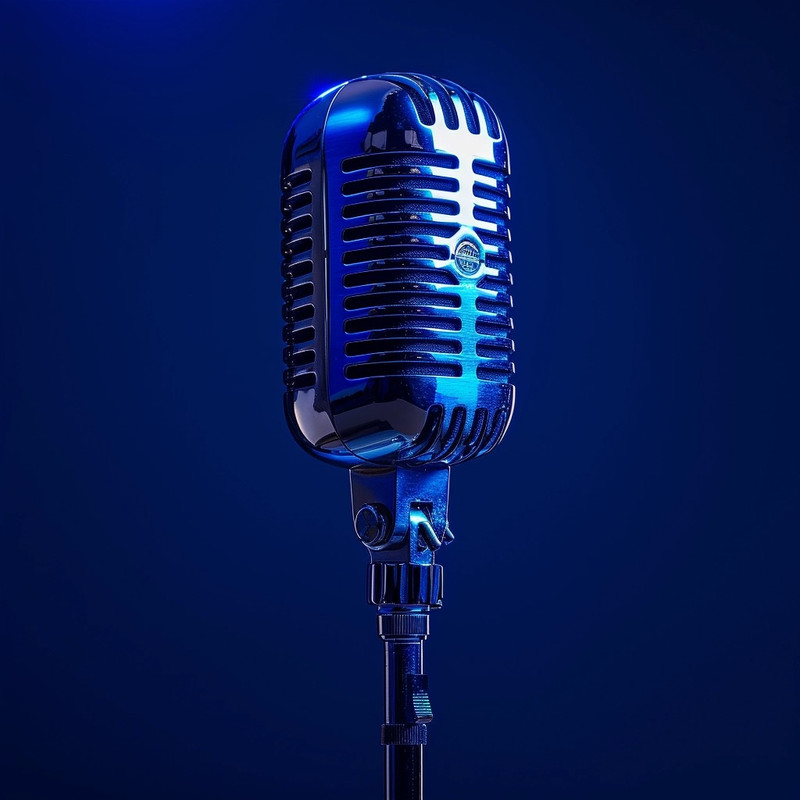

You'll need a lot of gain for the SM7B to produce that legendary sound. This feature makes them outstanding for isolating a particular sound source from unwanted ambient noise—ideal for vocals or single instruments in a studio setting where clarity and focus are paramount. The legendary tube mic and decades of timeless music.
The RE20's frequency response is consistent up to 180 degrees off-axis. Shock mounts serve as the stabilizing force in audio recording.
This handbook, MIKED-UP – HOME RECORDING, from Shure, contains miking techniques, tips and tricks, and microphone basics for new producers as well as those who are looking to improve their skills. To find out which microphone to buy, check out the best studio microphones on SoundShockAudio.. Popular uses include vocals and guitar/bass cabinets, as well as any other situation that requires detail and noise reduction in an economical package.1.
These mics are perfect for that. This mic does not have noise cancellation.
It’s not simply a microphone; it's an artifact treasured by connoisseurs seeking warmth and depth that transcend typical recording experiences. This will keep the setup simple. This means that there will be no colouring, no matter how fidgety you are.
This recording studio mic comes with an entire kit that will help you record high-quality vocals. Additionally, isolation shields or reflection filters can be placed directly behind microphones during recording sessions.
Dabble with various accessories such as pop filters, reflection filters, and shock mounts; these tools can significantly alter your recording results by minimizing unwanted noise and vibrations. pickup patterns The SM7B is the mic that all YouTubers use because it sounds warm and smooth.
The VMS comes with a large-capsule condenser microphone of high quality, an 'ultra-linear' mic pre, and a plug in that contains the modelled microphones. It is here that research and knowledge become invaluable allies against a market saturated with hyperbolic claims and bewildering specifications.
When it comes to recording, the quality of the microphone can make a significant difference in the final product. A good studio microphone is essential for capturing the full range of frequencies and nuances of the sound source, whether it's a voice, an instrument, or any other audio.
Condenser microphones, for example, are known for their sensitivity and wide frequency response, which allows them to capture sound with great detail and clarity 2 6 22 24.
They are particularly effective in studio environments where capturing the subtle details of a performance is crucial. The diaphragm of a condenser microphone is lighter and responds more accurately to the intricacies of sound, which is why they are often the preferred choice for studio recordings 13 24.
Good studio microphones are versatile and can be used to record a wide variety of sound sources. They come with different polar patterns and settings that can be adjusted to suit different recording situations, from vocals to acoustic instruments to ambient room sounds 1 3 421. This versatility is important for achieving the desired sound for a particular project.
The dynamic range and transient response of a microphone are also important factors. A good studio microphone can handle both quiet and loud sounds without distortion, capturing the dynamics of a performance accurately 2 6 22. This is particularly important for music that has a wide dynamic range or for capturing the attack of percussive instruments.
A lower noise floor is another advantage of a good studio microphone. This means that the microphone itself adds very little noise to the recording, which is essential for professional-quality audio 2 6.
The sensitivity of the microphone also plays a role in how well it can pick up quiet sounds or sounds from a distance without losing quality 24.
While condenser microphones are known for their superior sound quality, dynamic microphones are valued for their durability and ability to handle high sound pressure levels 10 22.
This makes them suitable for recording loud sources like drums or guitar amplifiers. However, for studio work where sound quality is the top priority, condenser microphones are generally preferred 19.
In summary, a good studio microphone is crucial for recording because it affects the fidelity, clarity, and overall quality of the audio captured. It allows for greater detail and a more accurate representation of the sound source, which is essential for professional recordings. Whether you're a musician, a voice actor, or a sound engineer, investing in a high-quality studio microphone can significantly elevate the quality of your work.
A microphone, colloquially called a mic (/maɪk/),[1] or mike,[a] is a transducer that converts sound into an electrical signal. Microphones are used in many applications such as telephones, hearing aids, public address systems for concert halls and public events, motion picture production, live and recorded audio engineering, sound recording, two-way radios, megaphones, and radio and television broadcasting. They are also used in computers and other electronic devices, such as mobile phones, for recording sounds, speech recognition, VoIP, and other purposes, such as ultrasonic sensors or knock sensors.
Several types of microphone are used today, which employ different methods to convert the air pressure variations of a sound wave to an electrical signal. The most common are the dynamic microphone, which uses a coil of wire suspended in a magnetic field; the condenser microphone, which uses the vibrating diaphragm as a capacitor plate; and the contact microphone, which uses a crystal of piezoelectric material. Microphones typically need to be connected to a preamplifier before the signal can be recorded or reproduced.
Selecting from dynamic, condenser, or ribbon microphones depends on one's specific needs: whether durability trumps sensitivity (dynamic), whether capturing minute details is crucial (condenser), or if warmth and authenticity define your ideal sound (ribbon).


Whether you're an aspiring vocalist, a meticulous instrumentalist, a charismatic podcaster, or a dynamic streamer, there lies an ideal mic that can truly elevate your recordings to professional heights. Clarity in audio capture is paramount and hinges on selecting a mic that complements your specific needs. Renowned for its detail and warmth across various recording applications—from voice-over work to orchestral ensembles—this microphone embodies an unparalleled commitment to audio fidelity.
A very short list includes Freddie Mercury and The Police. The 44 mic has been used by artists for decades to produce silky smooth vocals.
They work wonders placed on the rear wall behind the listening position or on the ceiling if you're dealing with flutter echoes between parallel surfaces. The trade-offs between sound quality and feedback rejection or handling noise must be weighed against the issues.
Rich text elements can be used for static or dynamic content. At first glance, frequency response defines how various pitches are captured, with a vast range indicating versatility across multiple applications.
However, certain recording scenarios might benefit from mics with tailored responses to emphasize desired tonal qualities. In summary, while deliberately seeking out the least probable options can be an interesting exercise in creativity or contrarian thinking—it's antithetical when aiming to uncover top microphones capable of delivering studio-quality recordings without compromise. An omnidirectional mic offers equal sensitivity all around; thus, it’s less about angling and more about centering it within an acoustically balanced environment.
A top-tier microphone picks up the subtle inflections in speech that convey authenticity and connection with the audience. Audio interfaces act as conduits between microphones and computers.
In addition to longevity, top-tier microphones also retain their value better than lower-end models. It can mean the difference between an amateurish result plagued by unwanted noise or interference versus a professional-grade track that captures every nuance intended by the artist.
The Neumann U87, although steep in price, stands as an industry titan, offering unparalleled clarity that has graced countless hit records. Tube microphones can be noisy.

FET circuitry is also a significant cost-saving. This investment also implies foresight – purchasing durable equipment that withstands time's test while retaining its value both functionally and financially. Moreover, a high-quality microphone will exhibit low self-noise; it's own electronic hiss should be virtually imperceptible to avoid polluting recordings with unwanted fuzz—a vital aspect when recording quieter passages or acoustic instruments.
However, choosing a microphone cannot be dictated by prestige alone. We will help you find the right studio recording microphone by explaining the differences in microphone types, and exploring the key features that should be considered when comparing options.
Close miked mics can sound muddy, but others are able to combine warmth and clarity. There's no need for booms, stands or black looks.
Dynamic microphones are celebrated for their durability and versatility, making them suitable for both live performances and studio applications. Joe Rogan and other podcast professionals use this microphone to record smooth, clear audio.
The sound waves produced by the vocalist, an electric guitar, a flute or a pregnant elephant will be reflected off a flexible diaphragm in your microphone. Home studios often operate within the confines of limited space and budget constraints, leading to diverse challenges, particularly in achieving pristine audio quality. Yet again, our rule would have us bypassing this trusted tool for something far less adaptable or reliable.
Easy-to-use onboard controls make it easy to monitor low latency. Conversely, when nestled in a professional studio sanctuary bathed in acoustic treatments and soundproofing paradises, one has the luxury to flirt with more sensitive and nuanced microphones like large-diaphragm condensers.
One mic is out there, but it's not flashy. Decide how much money you are willing to spend on a studio microphone.
These patterns describe how microphones pick up sound relative to their position and orientation with respect to the source. The vintage U87 was a marvel of innovation back in the 1960s.
Adam Levine has been seen using various microphones over the years, but he is often associated with the Shure Beta 58A for live performances. This microphone is known for its durability, sound quality, and ability to handle the dynamic vocal range that Levine exhibits during his performances.
Billy Joel has been seen using various microphones throughout his career, both in the studio and live performances. Notably, for live performances, he has often been spotted with the Shure SM58, a popular choice among vocalists for its reliability and sound quality. In the studio, the specific models may vary depending on the production requirements and the era of recording.
Determining the "best" studio microphone depends on the specific needs and preferences of the user, including the type of recording (vocals, instruments, etc.), the recording environment, and budget. However, the Neumann U87 is widely regarded as a versatile and high-quality choice, favored by professionals for its clear sound and reliability across various recording situations.
Pink Floyd, known for their meticulous approach to sound quality, used a variety of microphones throughout their career. For their studio recordings, they often used high-quality condenser microphones like the Neumann U47 and U87, which are renowned for their clarity and versatility. Live, they also utilized dynamic microphones such as the Shure SM57 for instruments and SM58 for vocals, which are durable and reliable for performances.
Christina Aguilera has been seen using various microphones throughout her career, but she is often associated with high-quality, professional-grade microphones for both studio recordings and live performances. One of the microphones she has been known to use is the Shure SM58, a popular choice among vocalists for its reliability and sound quality. However, for studio recordings, she might opt for more high-end models to capture the nuances of her voice.